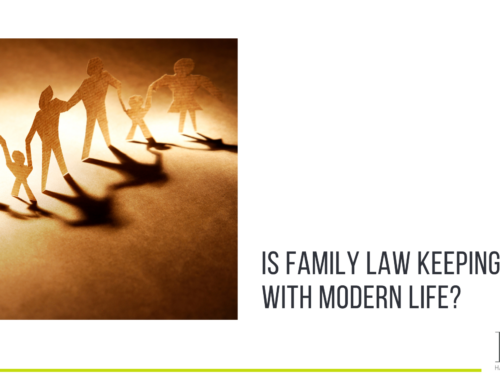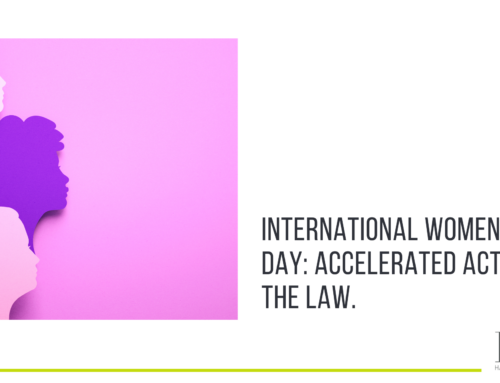There are lots of misunderstandings, preconceptions and myths in family law. With an abundance of information at our fingertips, it’s often hard to resist the pull of the online search engine when looking for answers. However, the calibre of information out there is varied, and not always reliable.
Very often when we speak to clients, a big part of our job is providing clarity about what can be achieved and what the future looks like. This week, we’re taking a look at five common questions regarding family law that come up time and again.
How much does it cost to instruct a solicitor?
Because each case is different, there’s no way to give an exact number when it comes to the cost of instructing a solicitor. But it is a very important consideration.
Whilst there’s no getting away from the fact that legal advice does need to be paid for, the solicitor you choose to work with should be able to give you a more accurate estimation of the costs involved once you’ve provided them with the information they need to do so. Here at Harrogate Family Law, we’re committed to open, honest and transparent conversations about the costs involved in your matter, and this includes reviewing estimates on a regular basis.
The important thing to remember is that having the right legal advice is an investment for the future. Without it, you run the risk of costly mistakes and agreeing to something that doesn’t fully meet your needs both now, and in the future. In addition, whilst it might be tempting to take advantage of online legal services – proceed with caution. These often come with unforeseen costs and complications.
How long will my divorce take?
It’s hard to provide an exact time scale when it comes to how long a divorce will take from start to finish, as it all depends on your circumstances and the issues involved. There’s also the issue of how cooperative your soon to be ex spouse is likely to be.
Be warned; the concept of a “quickie divorce” is very much a myth. There are no shortcuts, and any attempt to pursue this will come with a number of risks – an unstable financial future being just one of them.
What is mediation?
Mediation is there to help couples settle any issues and disputes that they may have as they attempt to finalise their divorce or separation. The process is overseen by an independent ‘mediator’ who is objective and independent. Sometimes mediators are also trained solicitors, but they don’t have to be.
Whilst mediation can be very helpful in coming to an agreement about the finances, the arrangements for the children, or any other issue that might arise, its success is dependent upon a number of factors. How complex the issues are for example, and the willingness of each party to engage. You can read more about how mediation can help here.
What’s the difference between a marriage and a civil partnership?
Enacted by the Civil Partnership Act 2004, a civil partnership is a legally registered relationship which is separate to the institution of marriage. Originally for same-sex couples only, in 2019 they became an option for heterosexual couples as well, and have become increasingly popular as the rate of marriage declines.
Upon separation, in the main, the same rights as divorce apply, for example when it comes to the finances and the division of assets. You can read more about civil partnerships and how they compare with marriage here.
What is a prenuptial agreement?
A prenuptial agreement is a legal document drawn up to determine how a couple’s assets will be divided in the event that their marriage comes to an end.
There are many reasons why people choose to enter into a prenuptial agreement. If they have children from a previous relationship for example. For many couples, having a prenuptial agreement is simply a way of ensuring a level of clarity if a separation occurs, and can go a long way to simplifying divorce negotiations and proceedings.
A prenuptial agreement is entered into before a marriage, but it’s also possible to enter into an agreement once it has taken place. This is known as a postnuptial agreement, and is useful if inherited assets or business interests need to be protected in the event of divorce.
At Harrogate Family Law, our team’s collective experience means that we can provide you with expert advice and support when you need it. Our unique approach to family law ensures we always get the best outcomes for our clients, so if you’re in need of our help, don’t hesitate to get in touch.






